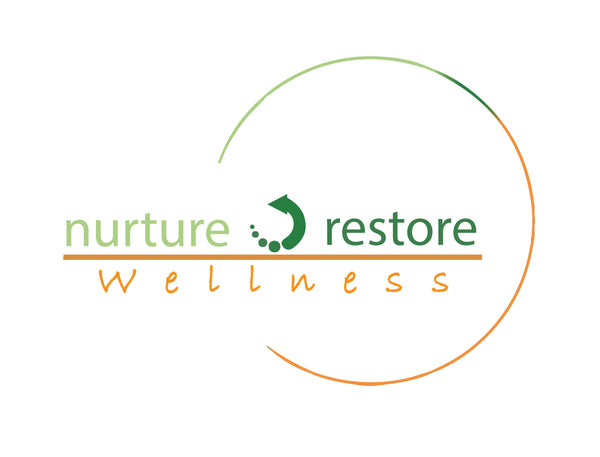
Rethinking Prevention: Cancer and the Terrain Within
Share
When it comes to cancer, most of the focus in conventional medicine is on detection and treatment. Screening is emphasized, and conversations about prevention are often limited to vague advice—“eat healthy, exercise more, reduce stress.” But what if we could go deeper? What if we could assess the terrain in which cancer develops and actively shift it—before cancer has a chance to take hold?
This is the heart of terrain-based medicine. It’s a proactive, science-informed approach that recognizes cancer not as a random invader, but as a process that takes root in a specific internal environment. That environment—your metabolic, immune, hormonal, and detox terrain—is shaped by years of inputs, exposures, patterns, and resilience (or the lack thereof). And it can be changed.
Cancer cells emerge more often than we think. But a healthy, well-regulated terrain can detect, dismantle, and clear these cells before they become dangerous. When the terrain is compromised—due to chronic inflammation, insulin resistance, mitochondrial dysfunction, toxic burden, hormonal imbalance, or poor immune surveillance—cancer has a better chance of thriving.
Prevention, then, is not about fearing cancer. It’s about understanding the terrain that allows it to grow—and intervening before disease ever shows up.
We can assess this terrain with real data. Comprehensive blood work, metabolic markers, hormone panels, toxin load assessments, microbiome and digestion testing—all of these give us insight into how your system is functioning, where the imbalances lie, and what needs to be supported. And most importantly, they give us something we can act on.
Terrain-based prevention isn’t about perfection. It’s about creating an internal environment where cancer is less likely to gain traction. That includes nourishing your mitochondria, balancing blood sugar, optimizing nutrient status, lowering toxic load, and supporting immune clarity. It’s personalized, proactive, and empowering.
For those with a strong family history, genetic predisposition, or prior cancer diagnosis, this kind of care is invaluable. But even without known risk factors, a terrain-based approach gives you a framework to support long-term vitality and lower the burden of disease.
We don’t have to wait for a diagnosis to start addressing the conditions that make cancer more likely. Prevention isn’t a passive hope—it’s an active, informed choice. The earlier we start supporting the terrain, the more we shift the odds in our favour.
